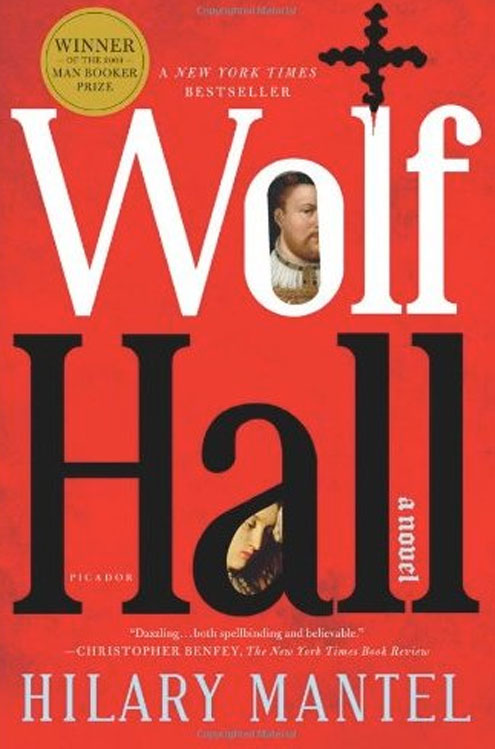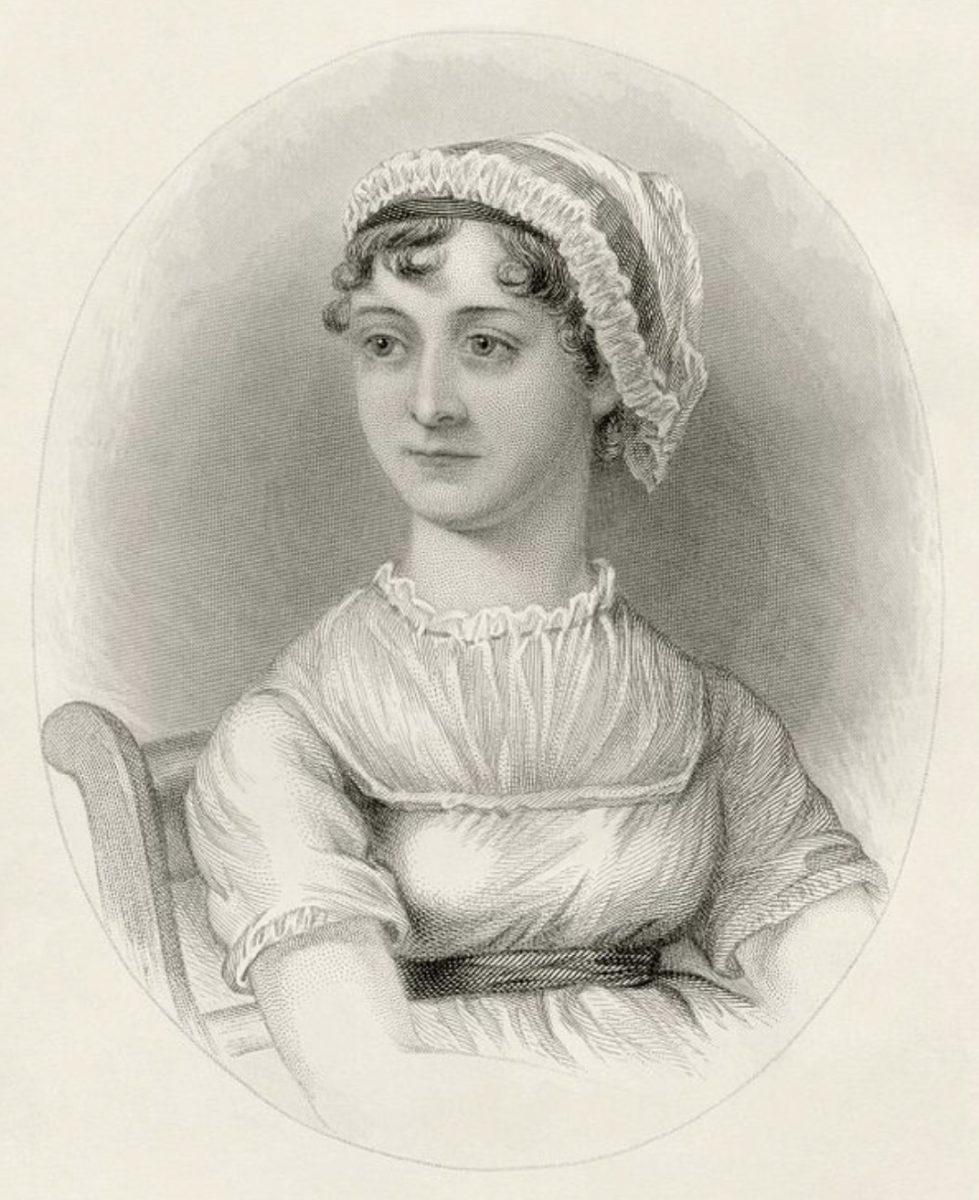 Everyone knows the story of Henry VIII and his parade of headless wives, but last weekend, I tried to inject some new life into the old tale by filming “Reformation! The Musical” for Campus MovieFest. The result was probably the worst short film you’ll never see, in which King Hal texts on his iPhone in every shot, and Asian Anne Boleyn gets killed by zombies.
Everyone knows the story of Henry VIII and his parade of headless wives, but last weekend, I tried to inject some new life into the old tale by filming “Reformation! The Musical” for Campus MovieFest. The result was probably the worst short film you’ll never see, in which King Hal texts on his iPhone in every shot, and Asian Anne Boleyn gets killed by zombies.
Needless to say, no one is winning any awards for that depiction of the Protestant Reformation.
But for her novel “Wolf Hall,” English author Hilary Mantel certainly did. The historical epic – and at just short of 700 pages, it really is epic – won the highly prestigious Man Booker Prize and garnered glowing reviews from even the snarkiest of critics (the late great Christopher Hitchens, for example). It’s an honor that none of the perennially popular Tudor bodice-rippers can claim and should make readers think not who is the other Boleyn girl, but who is the other king in Henry VIII’s infamous reign.
According to Mantel, it’s Thomas Cromwell. Cromwell is the man who orchestrates the king’s divorce from his first wife; secures his marriage to second wife Anne Boleyn, and a third, and a fourth; promotes that crazy newfangled Protestantism in England and ultimately dies for his pains (but you know Henry, so fond of his executions).
“Wolf Hall” is fiction, but you’d be hard-pressed to prove it. The decades-long scope is truly astonishing, but it’s the painstakingly researched details that make the novel so believable. That and the surprisingly sympathetic characterization of our leading man Cromwell.
For most people, that name conjures up hazy images of the notorious second Cromwell, Lord Protector Oliver, who was famous for regicide and cancelling Christmas. Or, for those who paid attention in Western Civ 101, Tom Cromwell is the guy who had elderly monks and nuns thrown out on the street and connived for poor, sweet, innocent Thomas More to meet his maker on the scaffold.
In “Wolf Hall,” that most ubiquitous of narratives is turned on its head. Hilary Mantel’s pages portray the omni-competent Thomas Cromwell as a self-made man, an entrepreneur, pitted against self-righteous religious fanatics like More and a whole host of suspicious aristocrats who wonder what a blacksmith’s son is doing running the kingdom.
Mantel’s world is a Europe just coming out of the Middle Ages, where reason is supplanting faith, global capitalist economies are developing and egalitarian political ideas are biting at the heels of the Great Chain of Being. Cromwell’s maneuverings through Parliament and court politics read more like a current political thriller than an antiquated period piece. He lives by the motto homo homini lupus, that man is wolf to man—something our leaders today know quite well. And his single line of advice to her only son is just as pragmatic: “Hush,” Cromwell said. “Believe nobody.”
Clearly, there’s a reason we count the 16th century as part of the “early modern era.” We can recognize ourselves in the people.
Readers might also enjoy: “Parrot and Olivier in America,” by Peter Carey; “The Second Duchess,” by Elizabeth Loupas; and “The Lady in Blue,” by Javier Sierra.









